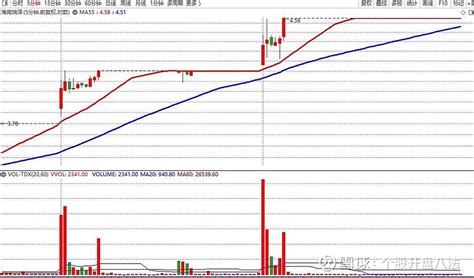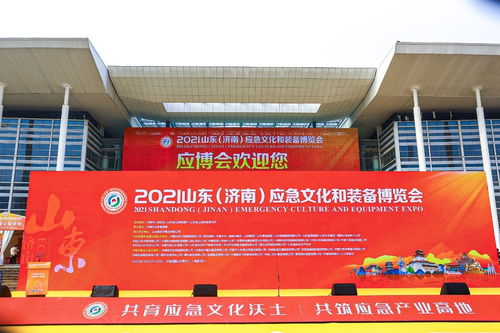咽喉炎最佳治疗方法偏方
Human Resources (HR) managers play a crucial role in any organization, responsible for overseeing various aspects of the employment lifecycle, from recruiting and hiring to employee relations and development. Let's dive into the key responsibilities of HR managers and how they contribute to the success of a company.
Recruitment and Selection
One of the primary roles of an HR manager is to attract, recruit, and select the best talent for the organization. This involves creating job descriptions, posting job ads, screening resumes, conducting interviews, and negotiating job offers. HR managers need to have a good understanding of the skills and qualities required for each role within the company to make informed hiring decisions.
Tip: Utilize a combination of traditional recruiting methods and modern techniques, such as social media recruiting and talent sourcing platforms, to reach a wider pool of candidates.
Employee Onboarding and Training
Once new employees are hired, HR managers are responsible for organizing and overseeing the onboarding process. This includes introducing the company culture, policies, and procedures, as well as providing initial training to help new hires settle into their roles efficiently.
Tip: Develop a comprehensive onboarding program that not only covers the essential information but also fosters a sense of belonging and purpose within the organization.
Employee Relations and Conflict Resolution
HR managers act as mediators between employees and the organization, handling grievances, conflicts, and other employee relations issues. They are tasked with maintaining a positive work environment and addressing any issues that may arise, ultimately aiming to enhance employee satisfaction and productivity.
Tip: Implement an opendoor policy and encourage transparent communication to identify and resolve issues effectively.
Performance Management
Performance management is an essential function of HR managers, involving the establishment of performance standards, performance appraisals, and the development of improvement plans. They work closely with managers to ensure that employees receive regular feedback and have clear objectives to work towards.
Tip: Introduce a continuous performance management approach that focuses on regular checkins and feedback rather than just annual reviews.
Policy Development and Compliance
HR managers are responsible for developing, implementing, and updating HR policies and procedures to ensure compliance with employment laws and regulations. They must stay informed about changes in labor laws and maintain a working knowledge of legal requirements to mitigate potential risks for the company.
Tip: Regularly review and update employee handbooks and policies to align with current laws and industry best practices.
Conclusion
Overall, HR managers play a vital role in creating and maintaining a positive and productive work environment within a company. By effectively managing the human side of the business, they contribute to the overall success and growth of the organization.









